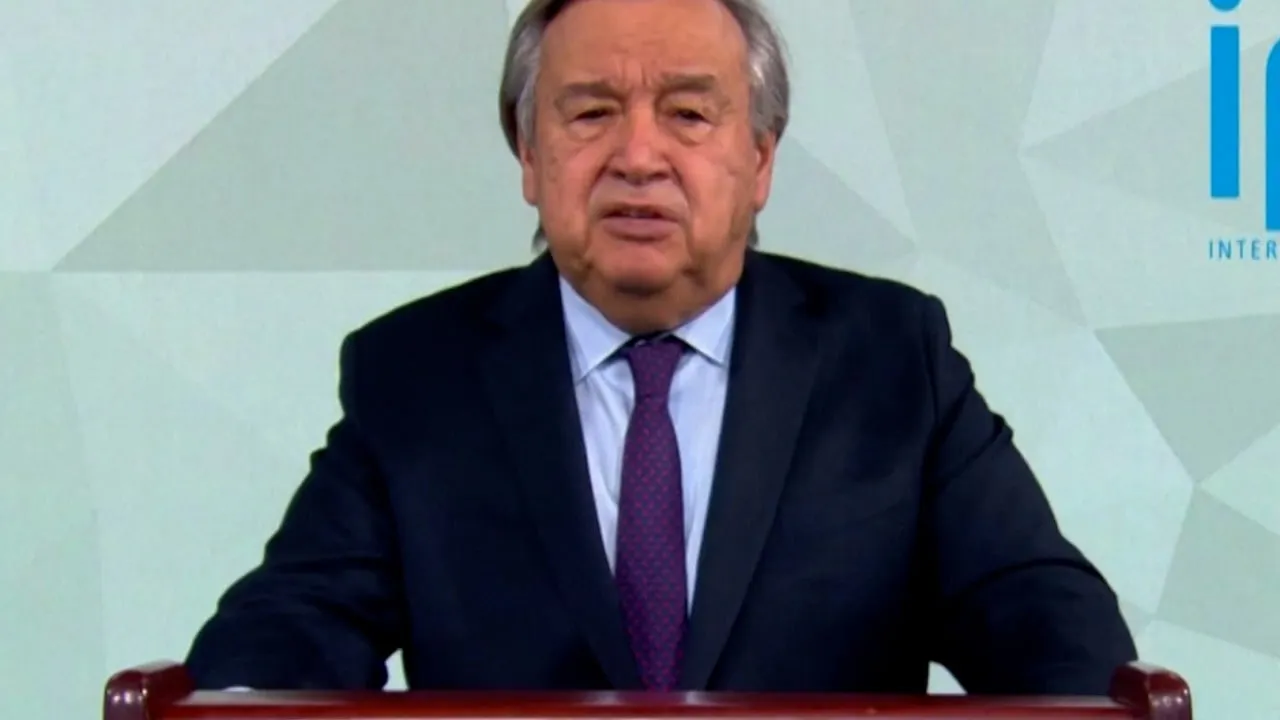Climate Change and Big Oil: The Controversy at COP29

Big Oil and COP29: A Clash of Interests
As climate change looms large, the upcoming COP29 has ignited fierce debates over decarbonisation and carbon storage.ExxonMobil has aligned with OPEC in resisting the International Energy Agency's (IEA) call for swift cuts in fossil fuel production, raising questions about how to achieve net zero carbon emissions.
Conflicting Views on Fossil Fuels
The IEA stresses the urgent need for renewable energy investments, citing that global investment in clean energy surpassed fossil fuels in the previous year. However, Big Oil argues for the continuing importance of oil for global prosperity, claiming that demand will remain stable due to ongoing population growth and a lack of energy access.
- Global investment in clean energy rose to $2 trillion
- Fossil fuels must still meet world energy demands
- The Paris Agreement focuses on reducing emissions rather than oil demand
The Role of Carbon Capture
OPEC and ExxonMobil both advocate strongly for carbon capture as a solution to emission issues, despite data indicating that operational projects in this field are limited. A mere 42 commercial carbon capture projects exist, which only manage to capture 0.13% of industrial emissions.
Analyzing the Road Ahead at COP29
As governments evaluate pathways to meet the Paris Agreement's targets, the disconnect between OPEC's and ExxonMobil’s optimistic outlook and the IEA's urgent calls for action appears stark. The energy transition seems fraught with hurdles, underscoring the contentious nature of the impending UN climate conference.
This article was prepared using information from open sources in accordance with the principles of Ethical Policy. The editorial team is not responsible for absolute accuracy, as it relies on data from the sources referenced.